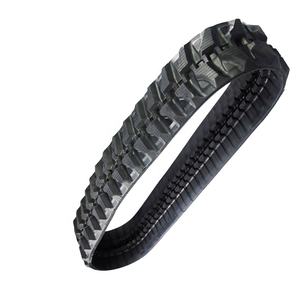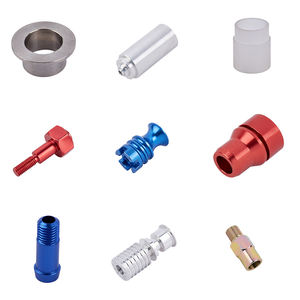The price of excavators varies considerably relying on aspects such as dimension, capabilities, brand name, and extra attributes. As an important piece of hefty equipment in building and construction, mining, and framework projects, excavators represent a substantial investment. Understanding the rates landscape needs an analysis of maker classifications, technical innovations, and market dynamics. This short article gives a specialist overview of excavator prices, concentrating on essential variables that affect rates and offering understandings for educated decision-making.
(how much do excavators cost)
Excavators are categorized by weight, which directly associates with their cost. Miniature excavators, normally evaluating under 7 tons, are one of the most budget friendly, with costs varying from $25,000 to $100,000. These compact makers are optimal for household jobs, landscaping, and utility job. Mid-sized excavators, weighing in between 8 and 45 tons, cater to general construction and industrial applications. Their rates vary from $100,000 to $500,000, depending upon horse power, digging deepness, and lift ability. Large excavators, surpassing 45 bunches, are created for mining and large earthmoving, with prices beginning at $500,000 and rising to $1.5 million or more for specialized versions.
Brand online reputation plays an essential duty in pricing. Established suppliers like Caterpillar, Komatsu, and Hitachi command premium rates as a result of their proven reliability, worldwide service networks, and advanced design. For instance, a new Caterpillar 320 hydraulic excavator (20-ton course) may set you back roughly $250,000, while a comparable design from a lesser-known brand name could be 10– 20% more affordable. Nonetheless, long-term operational costs, including components availability and resale value, typically justify the initial investment in top-tier brand names.
New versus secondhand devices is one more critical consideration. A new excavator assures the most up to date modern technology, service warranty coverage, and compliance with emissions laws, yet it comes with a greater cost. Used excavators, especially those under 5,000 operating hours, provide expense savings of 30– 50% contrasted to new models. As an example, a 2018 Komatsu PC210-10 (22-ton class) in good problem may cost $120,000–$150,000, whereas a brand-new unit surpasses $200,000. Buyers must analyze upkeep history, continuing to be lifespan, and potential repair work expenses when examining utilized devices.
Accessories and modification additional impact prices. Standard excavators consist of a pail, yet specialized add-ons like hydraulic breakers, augers, or grapples can add $5,000–$50,000 to the base rate. Advanced attributes such as GPS-guided systems, automated quality control, or eco-mode engines also raise in advance prices but enhance accuracy and gas effectiveness. For example, integrating 3D device control technology might increase the cost by $20,000–$40,000, however it decreases rework and labor expenses gradually.
Regional market conditions and import responsibilities effect pricing variations. In North America and Europe, rigid discharges requirements (e.g., Rate 4 Final/Stage V) demand intricate aftertreatment systems, raising production costs. Conversely, markets in Asia or Africa might offer lower-priced models without such guidelines. Import taxes and logistics also impact final prices; a $200,000 excavator shipped to South America might sustain 15– 25% in added tolls and transportation costs.
Funding options reduce ahead of time capital expenditure. Lots of dealers give renting programs or financings with adaptable terms, spreading out payments over 3– 7 years. Rate of interest typically vary from 4% to 8%, relying on creditworthiness and market conditions. Functional costs, including fuel, maintenance, and insurance policy, include $15–$50 per hour to possession expenditures. Diesel consumption, as an example, standards 4– 8 gallons per hour for mid-sized excavators, equating to $12–$24 per hour at current gas rates.
(how much do excavators cost)
In recap, excavator expenses are diverse, with rates spanning from $25,000 for mini models to over $1.5 million for heavy mining systems. Customers have to assess task demands, overall price of possession, and lasting ROI. While in advance cost is a key element, durability, after-sales assistance, and operational performance are similarly crucial. Consulting with market experts and conducting a lifecycle expense analysis makes sure positioning with financial and efficiency objectives. As technical developments remain to reshape the sector, investing in future-ready tools remains a tactical priority for mechanical engineers and project managers alike.


